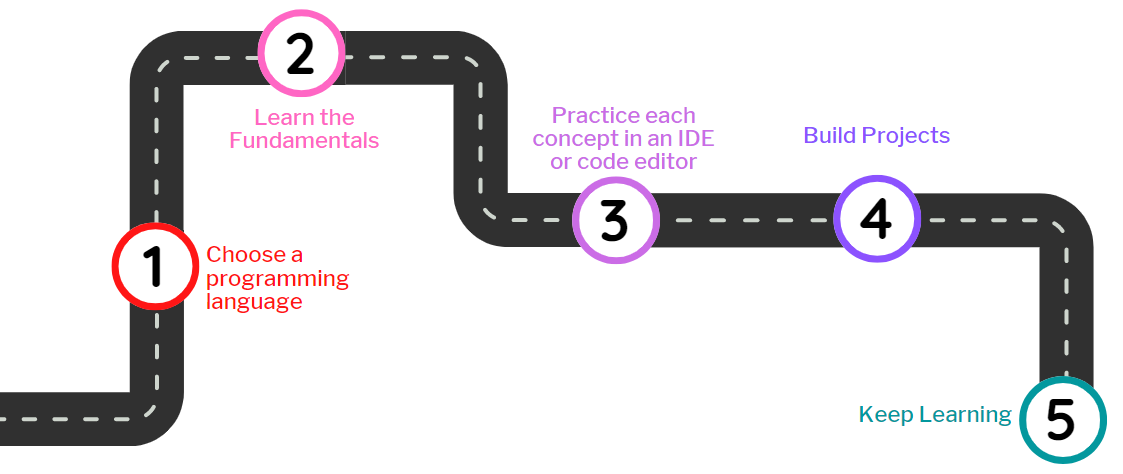
Paragraph 1: Introduction
Embarking on the journey of learning to code can be both exciting and challenging, especially for beginners. Understanding the fundamental concepts lays a solid foundation for future proficiency in programming. Let’s delve into the essential beginner coding concepts that serve as building blocks for your coding endeavors.
Paragraph 2: Variables and Data Types
At the core of coding lies the concept of variables, which act as containers for storing data. Beginner coders must grasp different data types such as integers, floats, strings, and booleans. Mastering variables and data types forms the bedrock for manipulating and processing information in a program.
Paragraph 3: Control Flow – If Statements and Loops
Control flow structures, such as if statements and loops, dictate the flow of a program. Beginners need to comprehend how these structures enable the execution of specific code blocks based on conditions or repeatedly execute a set of instructions. This control over the program’s flow is fundamental for effective coding.
Paragraph 4: Functions and Modularization
Breaking down code into manageable and reusable chunks is achieved through functions. Beginners must understand the concept of functions and how they contribute to modularization. This not only enhances code readability but also facilitates the reuse of code segments, promoting efficiency and maintainability.
Paragraph 5: Basic Input and Output
Interacting with users and displaying information is crucial in programming. Beginner coders need to learn how to handle basic input from users and produce output. This includes using functions like input() in Python or scanf() in C to receive input and print() in Python or printf() in C to display output.
Paragraph 6: Comments and Documentation
Documenting code is an often overlooked but vital aspect of programming. Beginners should grasp the importance of adding comments to explain their code. Understanding how to document code not only helps the coder but also makes it easier for others to comprehend and collaborate on the codebase.
Paragraph 7: Error Handling Basics
Errors are inevitable in coding, especially for beginners. Learning how to identify, understand, and troubleshoot errors is a critical skill. Basic error handling concepts, such as using try-catch blocks or exception handling mechanisms, empower beginners to deal with unexpected situations in their code.
Paragraph 8: Version Control
Version control is an essential tool for any coder, even at the beginner level. Understanding the basics of version control systems like Git enables beginners to track changes in their code, collaborate with others seamlessly, and roll back to previous versions if needed.
Paragraph 9: Basic Algorithmic Thinking
Programming often involves solving problems algorithmically. Beginner coders should cultivate algorithmic thinking, which involves breaking down problems into step-by-step procedures. This foundational skill enhances problem-solving abilities and prepares beginners for more complex coding challenges.
Paragraph 10: Continuous Learning and Practice
The journey of learning coding concepts is an ongoing process. Encourage a mindset of continuous learning and regular practice. Utilize resources, engage in coding exercises, and explore interactive platforms. To delve deeper into Beginner Coding Concepts, visit Beginner Coding Concepts and kickstart your coding journey with a strong foundation.
In conclusion, mastering these beginner coding concepts sets the stage for a rewarding coding experience. Embrace the learning process, practice consistently, and watch as your coding skills flourish.
